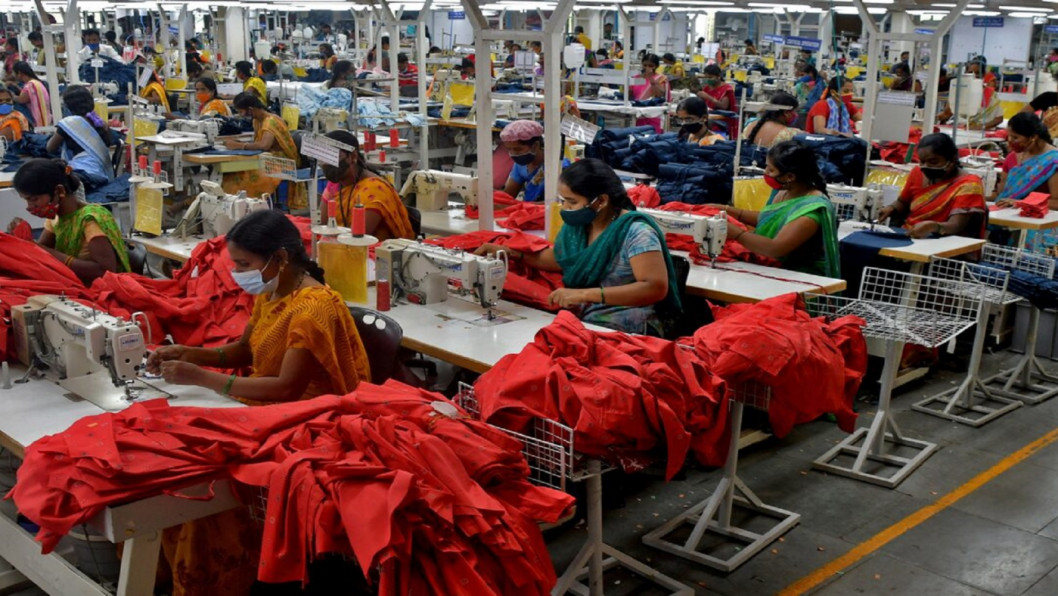
The global apparel industry continues to face headwinds, with imports across key markets witnessing a significant decline. According to Wazir Advisors monthly report for August, ‘Apparel trade scenario in key global markets and India’, all major economies saw a reduction in apparel imports compared to the previous year.
Apparel Imports: A slump across key markets
June 2024 marked another month of decreased apparel imports for all key markets. The US saw a 6 per cent year-on-year (YoY) dip to $6.2 billion. The European Union (EU) experienced a more significant decline of 13 per cent, reaching $6.1 billion. The United Kingdom (UK) and Japan also witnessed contractions, with imports falling by 26 per cent to $1.4 billion and 6 per cent to $1.5 billion, respectively.
Meanwhile, apparel exports from China and Bangladesh have faced challenges. China, the world's largest apparel exporter, recorded a marginal 3 per cent YoY decrease in exports to $14.7 billion in July 2024. Bangladesh, another key player, saw a steeper decline of 17 per cent in exports to $3.4 billion in May 2024.
India's exports, a bright spot
However, even as major exporters faced a downturn, India bucked the trend with a remarkable 18 per cent YoY growth in apparel exports to $1.3 billion in July 2024. This increase underscores India's growing prominence as a competitive exporter in the global apparel market. A diversified product mix, and a focus on value-added products are the other reasons for India’s success.
Several factors are likely contributing to these trend.
Economic slowdown: The global economic slowdown, coupled with rising inflation, has dampened consumer spending on apparel, impacting demand in key markets.
Geopolitical tensions: Ongoing geopolitical tensions, such as the Russia-Ukraine war and trade disputes, have disrupted supply chains and trade flows, affecting apparel exports.
Shifting preferences: Changing consumer preferences towards sustainable and ethical fashion may be impacting sourcing decisions and trade patterns.
The overall decline in global apparel imports has significant implications for the industry. It is likely to put pressure on prices and margins for both exporters and importers. Moreover, it could lead to job losses and factory closures in countries that are heavily dependent on apparel exports.
As the global economy continues to navigate these uncertain times, it remains to be seen whether the apparel trade will be able to recover in the coming months. The ability of key markets to rebound from economic challenges and the effectiveness of measures taken by governments and businesses to support the industry will play a crucial role in determining the future trajectory of the apparel trade.











